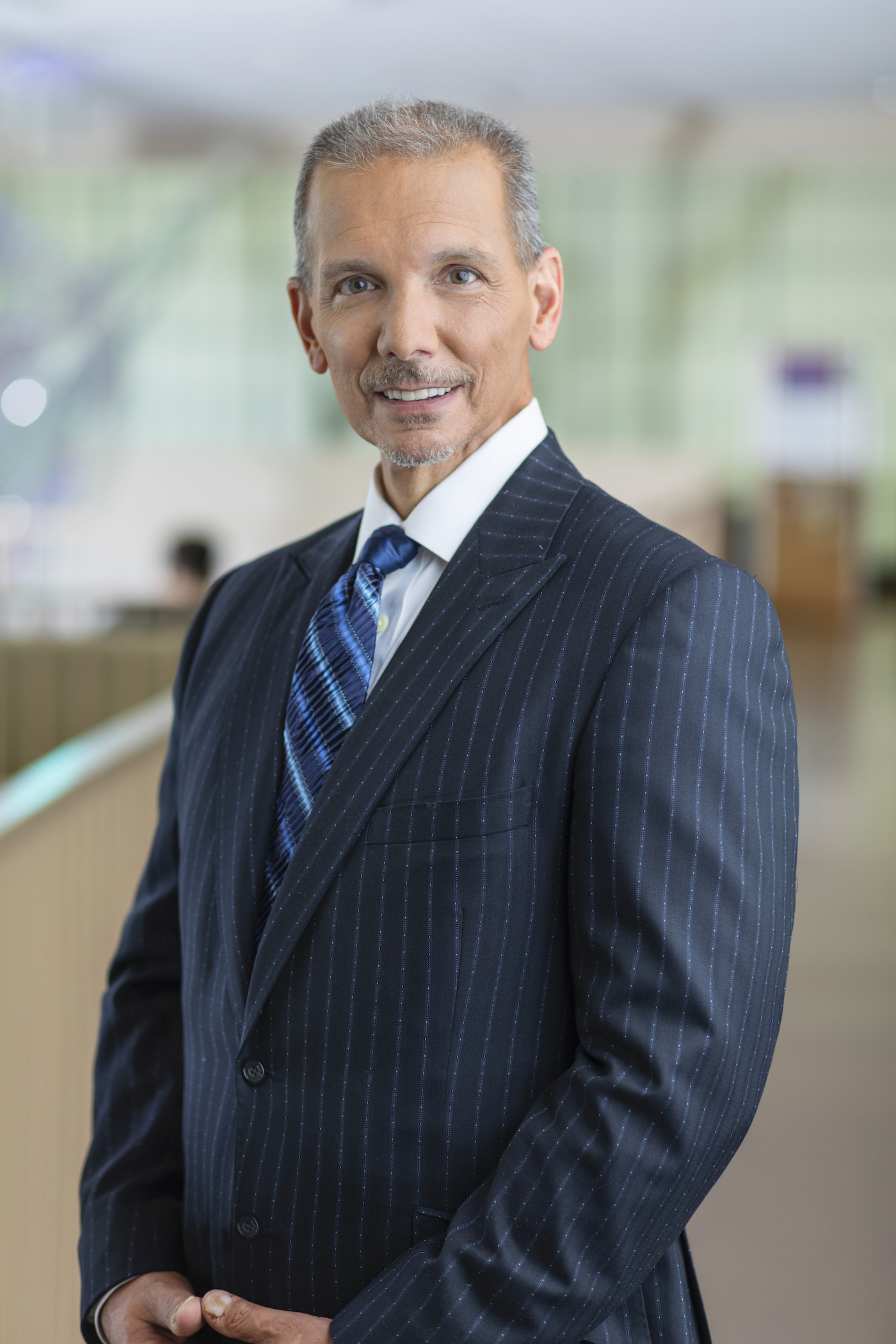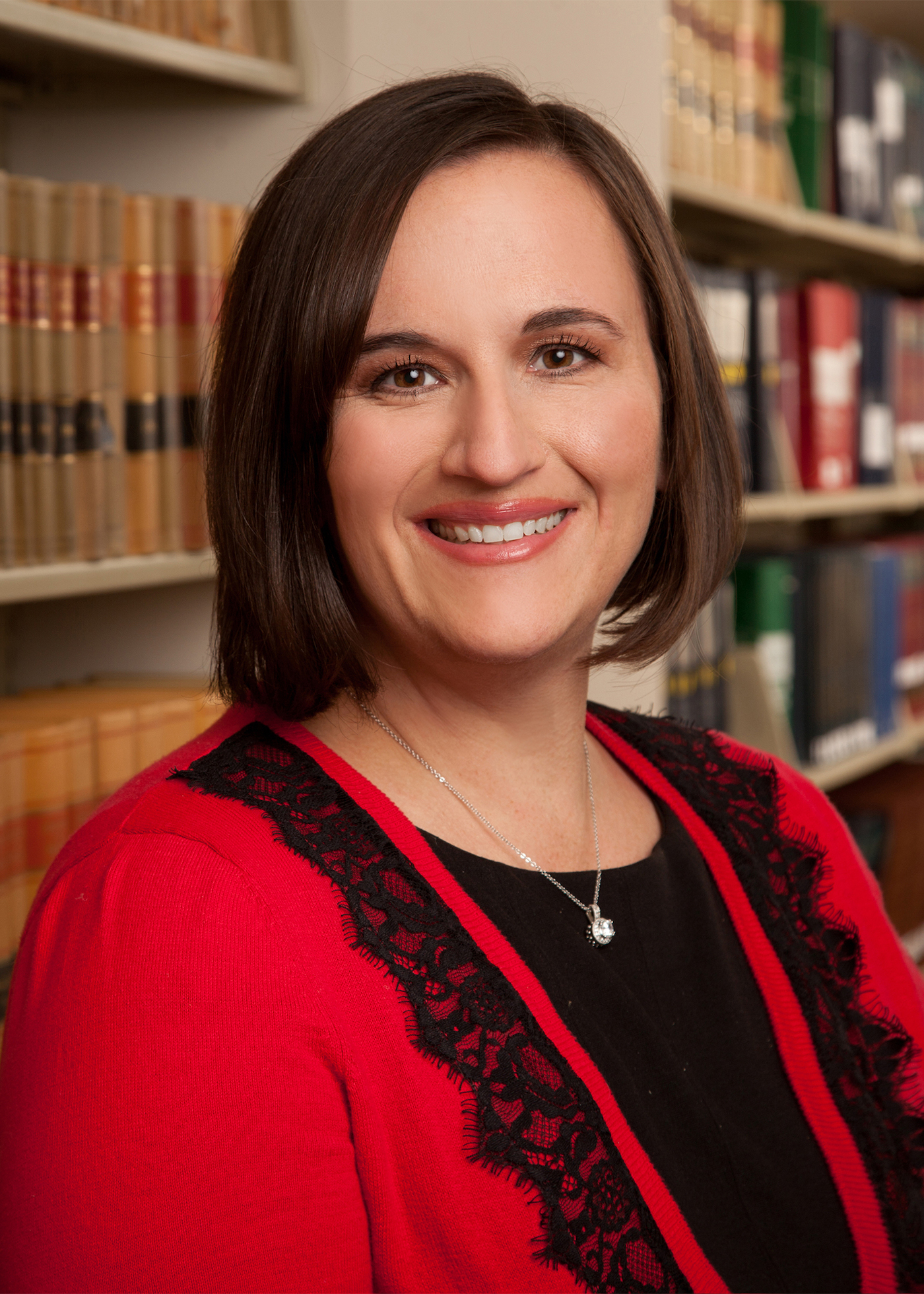In this January 2021 photo, a Renown Health employee prepares a COVID-19 vaccine dose. Courtesy: Renown Health
 Renown Health President and CEO Tony Slonim sent a clear message last week to unvaccinated employees: get jabbed or get gone.
Renown Health President and CEO Tony Slonim sent a clear message last week to unvaccinated employees: get jabbed or get gone.
 Shannon Pierce, director of employment and labor at the Reno office of Fennemore, says the firm has been working with many companies to help them understand which vaccine mandates apply to their organizations.
Shannon Pierce, director of employment and labor at the Reno office of Fennemore, says the firm has been working with many companies to help them understand which vaccine mandates apply to their organizations.